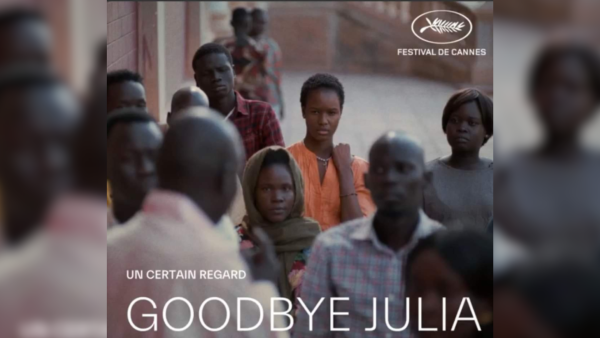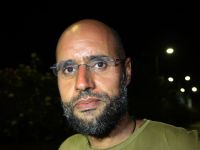ALBAWABA - The film is a turning point in the history of Sudanese cinema.
The film is a social drama in an interesting and realistic style, highlighting the diverse aspects of Sudanese culture that have never been shown on the big screen before, including music, actors, and cinematography, according to the film distribution company.
The film takes place in Khartoum before its separation from South Sudan, and the movie is about a lady named Mona, a northern woman who lives with her husband Akram, who became responsible for the death of a man from the south and hired his wife Julia to work as a maid in her home and help her seek to get rid of the sense of guilt.
For a film starring theatre actress and singer Iman Youssef, former Miss Sudan and model Siran Riak, actors Nizar Juma and Qir Doyny, the film is portrayed by Pierre de Villier, Montahiba Osman, sound engineer Rana Eid, and fashion designer Mohamed Al Marr.
Director and writer Mohammed Kordovani expressed his pleasure at choosing the film for Cannes, saying in a statement: "I consider Julia's goodbye a call for reconciliation, as it sheds light on the social forces that led to the secession of the South."
Kordovani added: "I am very excited and proud of all the cast and crew for this historic achievement, being part of the first Sudanese work chosen for Cannes, it is a warm experience and a promising sign of the new wave in filmmaking."
The film was co-produced by several countries, including Bahu Bakhsh of Egypt, Safi al-Din Mahmoud, Ali al-Arabi, Adama al-Sharif of Egypt, Khaled Awad of Sudan, Michael Hendricks of Germany, Mark Armer of France, Isra al-Kujali Hagstrom of Sweden, Faisal Baltur from Saudi kara."
MAD Solutions company is responsible for sharing the film worldwide. Partners Ala’a Karkouti and Maher Diab said in a statement: “We believe that the film Goodbye Julia will be addressed to the world. While the film tells the story of a particular society, its core principles include the whole world, a hallmark of an enormous cinema experience”, they also described the film as “ a turning point in the history of the Sudanese cinema”.
The film was co-produced by international workshops and production markets, including EAVE at the Cairo International Film Festival, Ciniphilia Bound at the Cannes Film Festival, Robert Bosch "s Follow the Nile Workshop, and the Durban International Film Festival Market in South Africa.
The film received support from the Red Sea Film Festival and the AFAC Foundation. The film project won several awards at the Gouna Film Festival, the Malmo Forum and the Film Independent's Global Media Makers program in Los Angeles. It also won a promotion competition at the Espinho Film Festival for new directors and films.







